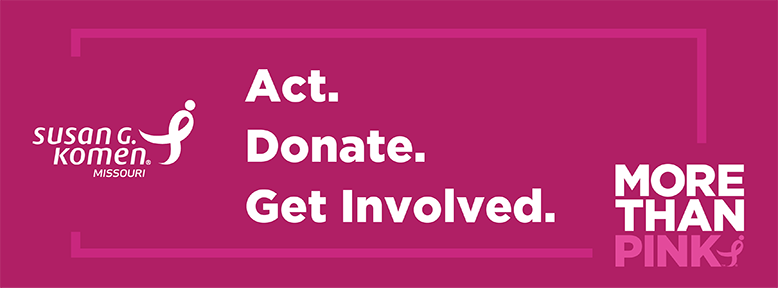 The costs of breast cancer treatment can impose a significant financial burden on survivors. The Susan G. Komen® National Treatment Assistance Fund helps bridge the gap for individuals who are actively undergoing breast cancer treatment.
The costs of breast cancer treatment can impose a significant financial burden on survivors. The Susan G. Komen® National Treatment Assistance Fund helps bridge the gap for individuals who are actively undergoing breast cancer treatment.
The aim of the National Treatment Assistance Fund is to increase the number of individuals who remain in the breast cancer continuum of care by providing financial assistance to ensure adherence and completion of breast cancer treatment. Funding helps individuals of any age who have been diagnosed with breast cancer, at any stage of the disease.
The fund provides two types of financial assistance – assistance grants and co-pay – based upon need and eligibility requirements. Komen is currently funding two organizations that provide assistance through the National Treatment Assistance Fund. To learn more about these programs click here or call the Komen Breast Care Helpline at 1-877 GO KOMEN (1-877-465-6636).
Limited financial assistance grants are awarded to low-income, underinsured or uninsured individuals across the country including the District of Columbia in need of:
- Pain and anti-nausea medication
- Lymphedema support and supplies with a prescription
- Durable medical equipment ordered by their physician
- Transportation to and from treatment
- Childcare and/or eldercare necessitated by treatment
- Oral medication for cancer treatment
- Wigs
- Breast prosthesis
Financial assistance is granted to individuals who meet pre-determined eligibility criteria.

 Since 2007, Susan G. Komen® has invested nearly $8 million to support the
Since 2007, Susan G. Komen® has invested nearly $8 million to support the